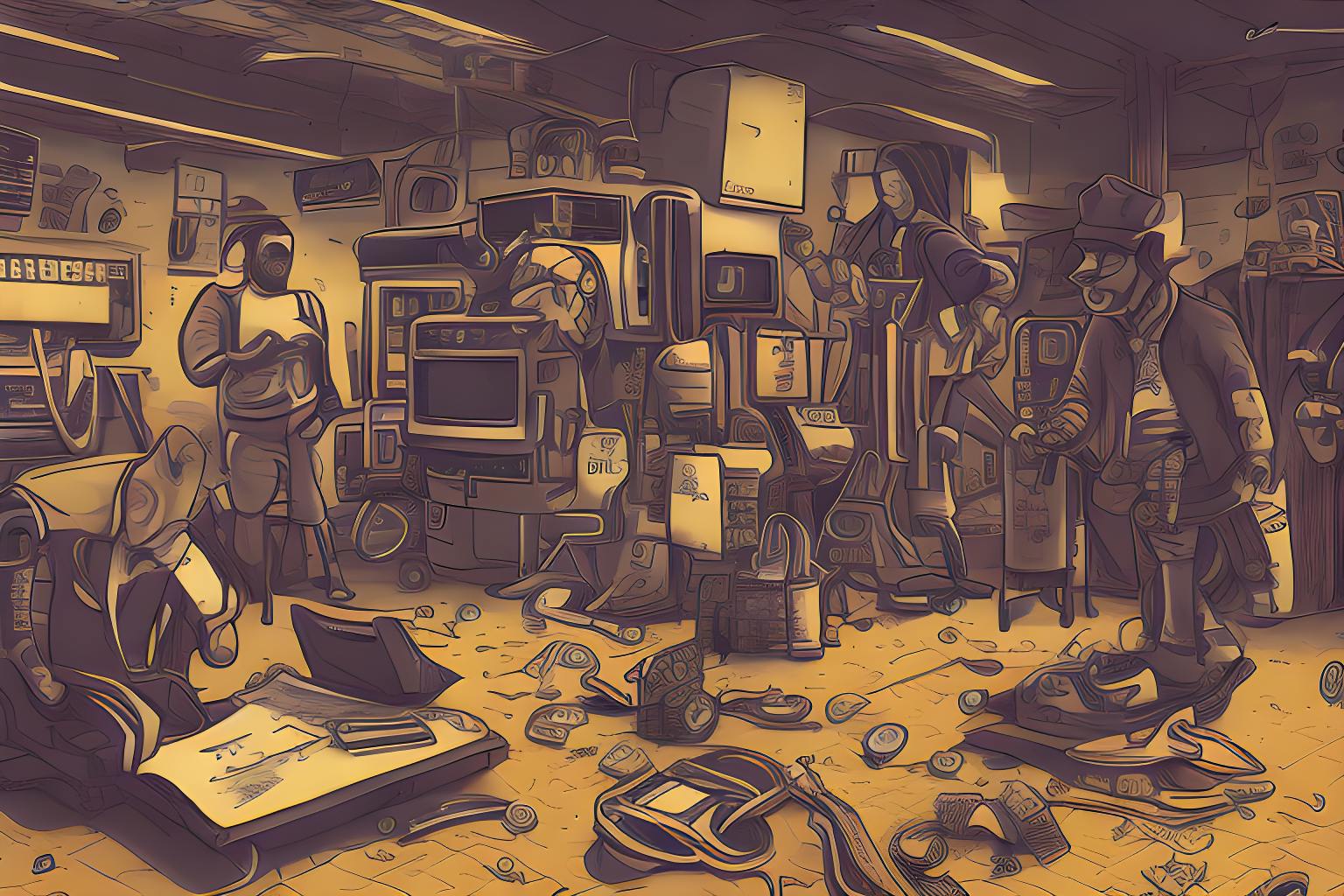100 reads
His mistake was that he no longer worked 18 hour days, according to SBF
by
December 15th, 2022
Audio Presented by

"the password to my LinkedIn account still hasn’t been returned, though, so I’m not overly optimistic"
About Author
"the password to my LinkedIn account still hasn’t been returned, though, so I’m not overly optimistic"
